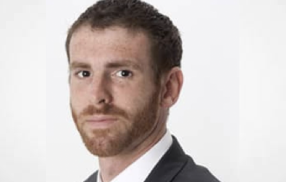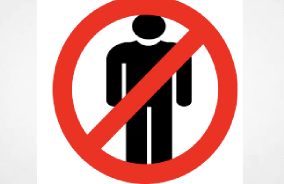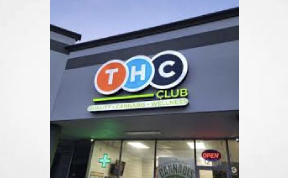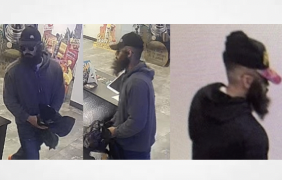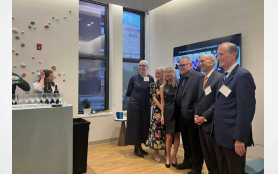Mount Sinai Health System opened its new psychedelic treatment research center, the Parsons Research Center for Psychedelic Healing, on 112th Street and Broadway on Wednesday. Bob and Renee Parson, whose foundation donated $5 million to the research center, attended the ribbon cutting, as did Sen. Krysten Sinema (I-Ariz.) and Rep. Jack Bergman (R-Mich.).
The center is currently researching MDMA-assisted therapy for suicidality in veterans and ketamine treatment for patients with major depressive disorder. According to Rachel Yehuda, the center’s director, the new psychedelic healing facility aims to provide those struggling with post-traumatic stress disorder with more treatment options.
The team chose to move into Morningside Heights due to its proximity to the Mount Sinai Morningside hospital, and hope to cultivate a relationship with community members in the near future. While a majority of the center’s work currently focuses on veterans, they are also interested in providing trauma treatment to the surrounding community, according to Amy Lehrner, the center’s associate director.
“The surrounding community has a lot of need in terms of trauma, PTSD,” Lehrner said. “We’ll be really trying to reach out and make connections with the local community, recruit from this community down the road.”
The research center currently recruits participants from the James J. Peters Department of Veterans Affairs Medical Center in the Bronx as well as through community outreach in East Harlem. Many participants are also self-referred, according to Dr. Lauren Lepow, CC ’13, an assistant professor of psychiatry at the Icahn School of Medicine at Mount Sinai.
Lepow stated that each patient receives individualized attention during the trials. After an extensive screening process, which takes into account a patient’s medical and social history, they meet with two therapists over several sessions.
“Foremost, we just really try to establish trust. Like, this person is going to be doing something so vulnerable,” Lepow said.
After the screening process, a dosing session takes place and two therapists sit with the patient for eight hours. The day after marks the start of integration, an important part of the healing process. Therapists ask patients to share their experiences and help them set realistic expectations for healing. “This is the first step of the journey, but this isn’t the end,” Lepow explained.
Tamar Glatman Zaretsky, a clinical psychologist and study therapist, echoed the need to provide access to new treatments for patients, especially those with conditions like PTSD, which can lead to difficulty accessing emotions. Psychedelics, Zaretsky said, may help patients access them. She noted, however, that opinions on psychedelic therapy remain mixed.
Source:


